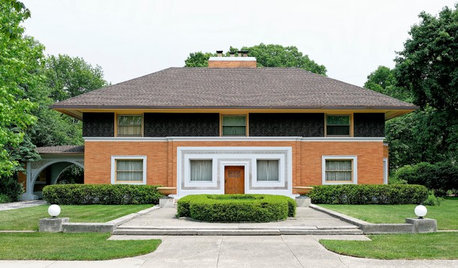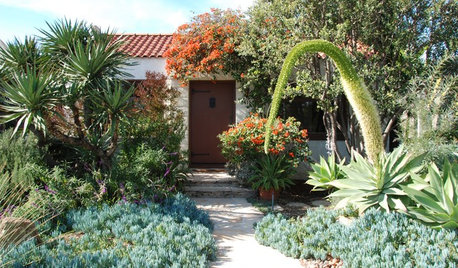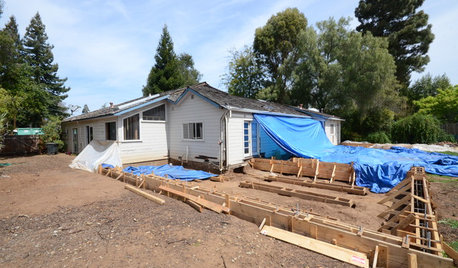Early Blight - Questions
woodlandgal
12 years ago
Related Stories

HOUZZ TV FAVORITESHouzz TV: See How Early Settlers Lived in This Restored Pilgrim House
Passionate restoration and preservation efforts give a 1665 home an honored place in the present
Full Story
WORKING WITH PROS9 Questions to Ask a Home Remodeler Before You Meet
Save time and effort by ruling out deal breakers with your contractor before an in-person session
Full Story
EVENTSView Frank Lloyd Wright’s Early Work on a Chicago Architecture Walk
This annual spring tour features Chicago-area homes by the master of Prairie-style architecture and those who worked with him
Full Story
MY HOUZZMy Houzz: Early-California Style for a 1920s Home and Garden
Native plantings and flea market treasures fill the cozy live-work space of a Southern California landscape designer
Full Story
GREEN DECORATING8 Questions to Help You See Through Green Hype
With the ecofriendly bandwagon picking up some dubious passengers, here's how to tell truly green products and services from the imposters
Full Story
WORKING WITH PROS10 Questions to Ask Potential Contractors
Ensure the right fit by interviewing general contractors about topics that go beyond the basics
Full Story
REMODELING GUIDESSurvive Your Home Remodel: 11 Must-Ask Questions
Plan ahead to keep minor hassles from turning into major headaches during an extensive renovation
Full Story
REMODELING GUIDESConsidering a Fixer-Upper? 15 Questions to Ask First
Learn about the hidden costs and treasures of older homes to avoid budget surprises and accidentally tossing valuable features
Full Story
FEEL-GOOD HOMEThe Question That Can Make You Love Your Home More
Change your relationship with your house for the better by focusing on the answer to something designers often ask
Full Story
SELLING YOUR HOUSE15 Questions to Ask When Interviewing a Real Estate Agent
Here’s what you should find out before selecting an agent to sell your home
Full StoryMore Discussions






digdirt2
woodlandgalOriginal Author
Related Professionals
La Marque Landscape Architects & Landscape Designers · Springfield Landscape Contractors · Lynchburg Landscape Contractors · Tewksbury Landscape Contractors · Whittier Landscape Contractors · Northlake Landscape Contractors · Browns Mills General Contractors · Exeter General Contractors · Norfolk General Contractors · Oneida General Contractors · Owosso General Contractors · River Edge General Contractors · Saint Paul General Contractors · Joppatowne General Contractors · Miami Decks, Patios & Outdoor Enclosuresmissingtheobvious
Sherry_Bell
digdirt2
mashman
carolyn137
digdirt2
mashman
butchfomby
Baby G (USDA:10a, Sunset:21&23 SoCal-NE. Mt Washington, Lo-Chill: 200-400 Hrs, So
daniel_nyc
carolyn137
micasasucasa
daniel_nyc
daniel_nyc